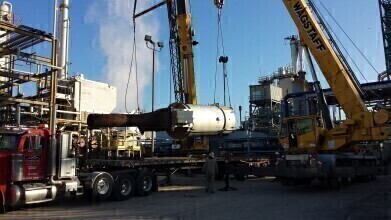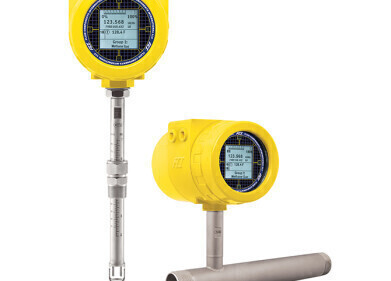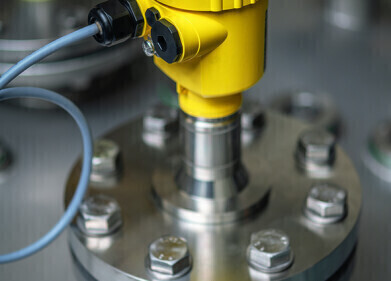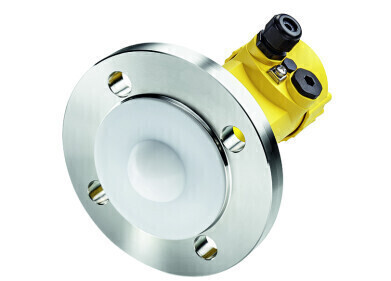Flow Level Pressure
What Does Custody Transfer Comprise?
Dec 29 2022
Accuracy is critical when valuable commodities like crude oil, refined petrochemicals and biofuels change hands. This is where custody transfer steps up. The term describes the point at which the commodity changes ownership. Also known as fiscal metering, custody transfer actively tracks the movement of the physical product and calculates the total volume transferred. This offers both the supplier and customer total peace of mind that the total transferred amount is accurate.
Suppliers don’t want to transfer too much as they’ll be left out of pocket. Similarly, customers don’t want to pay for product they don’t receive. Crude oil being transferred from a tanker to an onshore storage tank is an example of custody transfer. The same oil being transferred from the onshore storage tank to a ground transport truck is another example.
Keeping tabs on custody transfer
A variety of techniques are used to monitor the custody transfer process, including flowmeters. These devices measure flow rate to determine how much physical product has moved through a pipe or line. Data is then used to determine the total volume transferred.
In an article published in the journal Measurement, the authors explore the importance of accuracy throughout the custody transfer process. They focus on liquified petroleum gas (LPG), which is used to power everything from BBQs to petrochemical production plants. The article takes a closer look at the maximum acceptable differences for LPG custody transfer measurements. It also factors in how the unique physicochemical properties of LPG can influence measurements.
“International standards propose maximum uncertainties for custody transfer measurements, without establishing maximum permissible differences in the operations between two systems,” reads the paper. “It is up to the suppliers and customers to negotiate this parameter, which frequently causes disputes because a fixed value is proposed.”
When flowmeters fail
Flowmeters are designed to make measurements as accurate and reliable as possible. However, like other instruments, there’s always the risk of failure. In a paper published in the journal Engineering Failure Analysis, the authors cite titanium alloys as coveted materials for the construction of Coriolis mass flowmeters. As well as being highly resistant to corrosion, titanium alloys boast excellent thermal stability and a high strength to weight ratio. However, exposure to high concentrations of hydrogen can lead to catastrophic failure. The element can promote the formation of hydride, which can cause titanium alloys to crack. This is known as hydrogen embrittlement and is a serious issue faced by flowmeter operators.
From West Texas Intermediate to refined aromatics like benzene and xylene isomers, petroleum products are usually destined for storage tanks. Find out more about the types of tanks available and their suitability for different applications in ‘Storage Tanks for Oil & Chemicals - Everything You Need to Know’.
Digital Edition
PIN 25.3 June/July
June 2024
Analytical Instrumentation - Recent Advances In Various Bench Scale Accelerated Oxidative Testing Methods For Fuels - Petrochemical Industry: Anton Paar Solutions Streamline Processes, Reduce H...
View all digital editions
Events
Jul 30 2024 Jakarta, Indonesia
Jul 30 2024 Jakarta, Indonesia
China Energy Summit & Exhibition
Jul 31 2024 Beijing, China
Jul 31 2024 Chengdu, China
Aug 05 2024 Moon Township, PA, USA


















